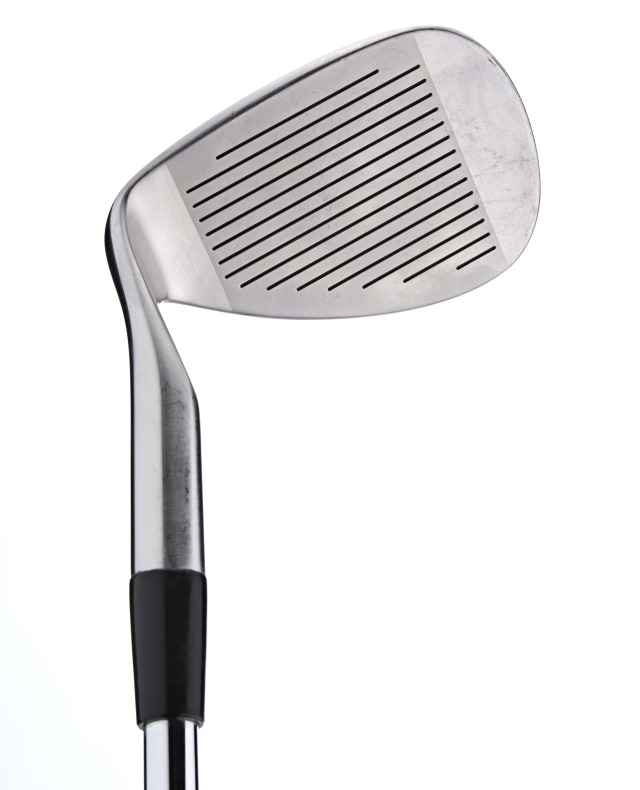Shank Proof Wedge For Sale – Thrift stores and consignment shops often work with charitable organizations or local non-profits, using the proceeds from sales to support various causes. The rise of online platforms dedicated to the sale of second-hand goods has also played a significant role in the growing popularity of pre-owned items. This connection between consumers and the creators of quality goods is something that’s been fostered for centuries. There are those who argue that not everything should be for sale. Second-hand items are typically sold for a fraction of their original price, making them an attractive option for individuals on a budget. People are not just looking for things that work well; they want products that elevate their environment and their experiences. The rise of online platforms has transformed the way second-hand goods are bought and sold. In a sense, the very nature of human existence can feel like a transaction. For the seller, the goal is often to maximize the value of the business, while for the buyer, the focus is on ensuring that the investment is sound and that the business can continue to thrive under new ownership. Even objects with little intrinsic value can be sold with great meaning. Due diligence is a crucial part of the process, where the buyer investigates the business thoroughly to ensure that there are no hidden liabilities, potential risks, or operational inefficiencies. These moments remind us that there is more to life than the pursuit of profit, and that not everything can be measured by a price tag. It’s a small but significant way to make a positive impact on the planet, especially when one considers the volume of waste generated by fast fashion, electronic waste, and disposable goods. The dynamics of a sale can vary dramatically depending on the context. When everything becomes a transaction, we risk losing sight of what truly matters. There is also a growing trend of online platforms that facilitate the buying and selling of businesses. Relationships can become transactional, where each party enters into an agreement based on what they stand to gain. These platforms allow users to browse listings, communicate with sellers, and make purchases from the comfort of their own homes. Take, for example, a high-quality piece of furniture — a well-crafted sofa or dining table can last for decades if maintained properly. In the age of immediacy, it can often feel as though many goods are made with built-in obsolescence, created to be replaced every few years.

Hotblade Launch Innovative AntiShank wedge
Fast shippingshop our huge selectiondeals of the dayread ratings & reviews

XDS ShankProof Hybrid Wedges
Fast shippingshop our huge selectiondeals of the dayread ratings & reviews

F2 AntiShank Golf Wedge Clubhouse Golf
Fast shippingshop our huge selectiondeals of the dayread ratings & reviews

F2 Wave Wedge, 52° Left Hand, Innovative Golf Wedges with
Fast shippingshop our huge selectiondeals of the dayread ratings & reviews

The 'ShankProof' Wedge Colorado AvidGolfer
Fast shippingshop our huge selectiondeals of the dayread ratings & reviews

EXTREME X5 PGA TOUR GRIND OFFSET WEDGE SHANK PROOF LOWER SCORES PW AW
Fast shippingshop our huge selectiondeals of the dayread ratings & reviews

F2 AntiShank Golf Wedge Clubhouse Golf
Fast shippingshop our huge selectiondeals of the dayread ratings & reviews

XDS ShankProof Hybrid Wedges
Fast shippingshop our huge selectiondeals of the dayread ratings & reviews

Biltrite 62 All Purpose Shank Proof Wedge 36” Face Forward Jerry Barber
Fast shippingshop our huge selectiondeals of the dayread ratings & reviews

XDS ShankProof Hybrid Wedges
Fast shippingshop our huge selectiondeals of the dayread ratings & reviews
Whether it’s a handmade leather bag, a vintage watch, or a luxury car, the term “quality” brings with it an expectation — an assurance that the item in question has been crafted with care, attention to detail, and materials that can stand the test of time. People place their belongings for sale for many reasons. The advent of these online platforms means that consumers can hunt for items they might have otherwise overlooked or been unaware of, sometimes at a fraction of the original cost. In times of financial hardship, such as during recessions or periods of high unemployment, more people may turn to second-hand goods as a way to save money. The production of new goods often requires significant resources, such as raw materials, energy, and labor, while also generating waste and contributing to pollution. The act of selling can be both a release and a renewal, a letting go that paves the way for something new and unknown. And, in a way, this is the ultimate form of freedom: the ability to buy, sell, and trade on your own terms. In some cases, sellers may be willing to offer financing options, where they agree to receive payment over time, which can make the business more attractive to potential buyers. With the rise of e-commerce, the accessibility of quality goods for sale has expanded exponentially. Economic downturns, for example, can influence the types of businesses that are put up for sale, as struggling companies may look to exit the market. This is especially true in a world dominated by fast fashion, disposable electronics, and mass-produced products. They also often help with legal and financial aspects, ensuring that the transaction is completed smoothly and efficiently. Cars, too, are often sold with a sense of transition. Whether it's old furniture that no longer fits with their style, clothing that no longer fits, or electronics they no longer use, selling second-hand items allows individuals to recoup some of the money they spent on these goods. Whether it’s the sleek lines of a designer chair or the intricate patterns on a handwoven rug, quality goods are often as much about aesthetics as they are about functionality. This subjective nature of value is what makes the “for sale” market so dynamic. Millennials and Gen Z, in particular, have embraced the idea of second-hand shopping as a way to challenge consumerism, reduce waste, and express their individuality. It’s a phrase that, at first glance, may seem simple and straightforward. They also have access to networks of potential buyers and sellers, which can help expedite the sale process and increase the chances of a successful transaction. The concept of a circular economy, where products are reused and repurposed instead of discarded, is central to the appeal of second-hand goods.
Many high-quality products come with a rich history, whether it’s the legacy of a renowned brand or the personal touch of a local maker. Websites and apps like eBay, Craigslist, Facebook Marketplace, and Poshmark have made it easier than ever to find second-hand goods for sale, offering a wider selection and more convenience than traditional brick-and-mortar stores. Whether it’s a vintage armchair, a gently used dining table, or a piece of mid-century modern furniture, second-hand furniture can be both functional and stylish. There is also a growing trend of online platforms that facilitate the buying and selling of businesses. Many people find that buying second-hand furniture allows them to acquire high-quality pieces that are built to last, often with a level of craftsmanship that is hard to find in mass-produced furniture. Are there things that should be kept beyond the realm of trade? Or has the marketplace — with its insatiable demand and promise of exchange — seeped into every facet of our being?
If everything is for sale, then the concept of value itself becomes fluid, subjective, and often manipulated. Take, for example, a high-quality piece of furniture — a well-crafted sofa or dining table can last for decades if maintained properly. In the age of immediacy, it can often feel as though many goods are made with built-in obsolescence, created to be replaced every few years. It’s a constant negotiation, where both parties seek to align their perceptions of worth and reach an agreement that satisfies both sides. A house can be bought, a car can be sold, a watch can be pawned. Social movements and grassroots organizations work tirelessly to provide resources and support to those who need it, often without expecting anything in return. The appeal of finding a hidden gem, something that has been cherished by someone else and is now available for a new owner, is a part of the allure of second-hand goods. They also have access to networks of potential buyers and sellers, which can help expedite the sale process and increase the chances of a successful transaction. Vintage items, antiques, and pre-loved goods often carry stories and histories that new products simply cannot replicate. When a person creates something, they are offering a piece of themselves to the world, not for sale, but as a gift. They can assist in determining the right price for the business, marketing it to potential buyers, and managing the negotiation process. The environmental benefits of buying second-hand goods go beyond just reducing the need for new production. In the end, the real challenge is to navigate this world — to understand the forces of commerce that shape our lives, while holding onto those things that remain beyond the reach of money. Historically, many products were made by local craftsmen, and there was a direct relationship between the creator and the consumer. When everything becomes a transaction, we risk losing sight of what truly matters.